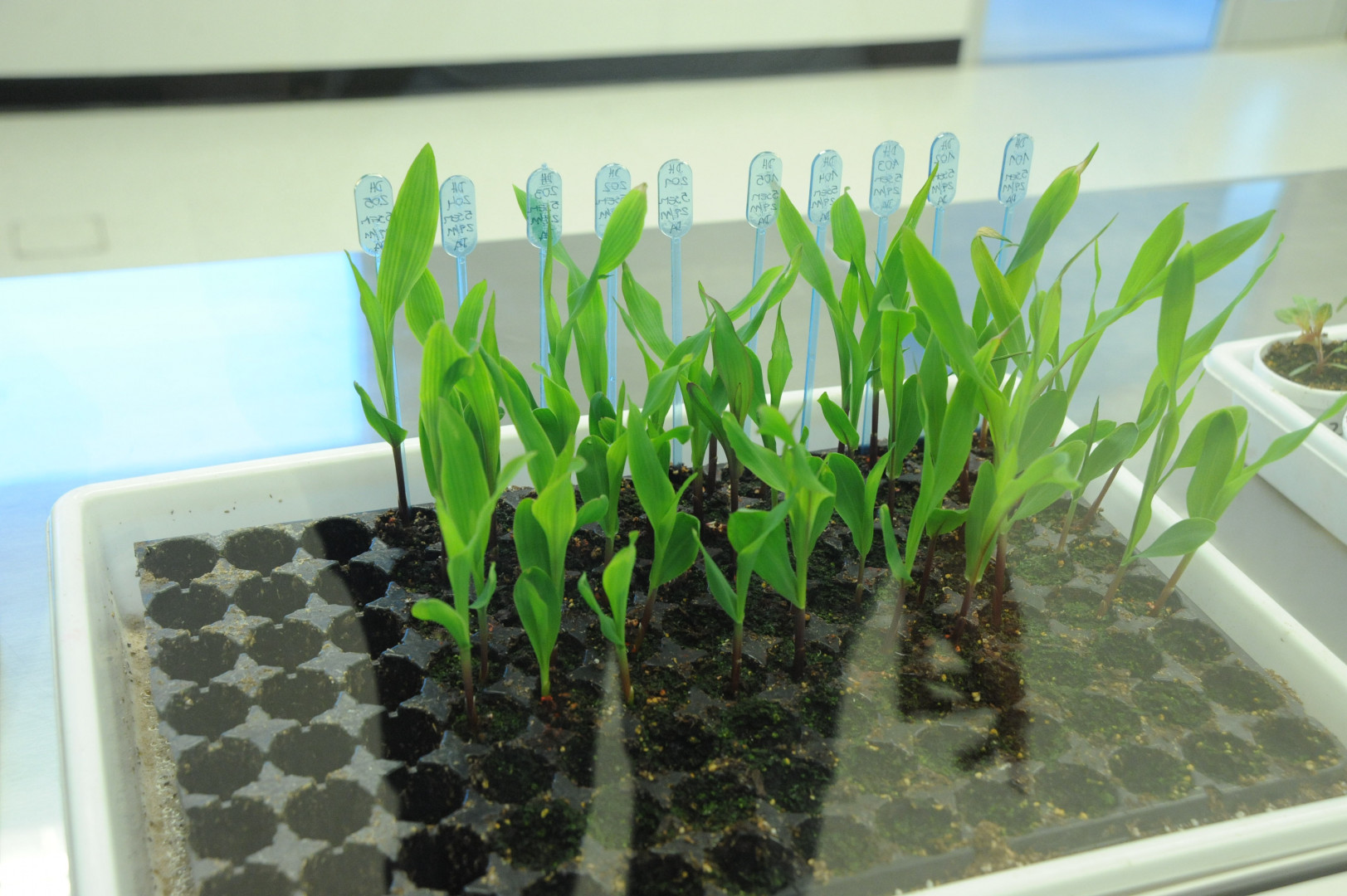With the aim of enhancing the impact of science, technology and innovation in building and implementing public policies, SACT Resolution 1829/2022 approved granting funding for 17 new projects, for a total amount of $120,721. These have been prepared by the agencies of the scientific and technological system and are intended to provide responses to requests requested by state agencies.
The Ministry of Science, Technology and Innovation (MINCyT), through the Under Secretary for Institutional Coordination, has established the “ImpaCT.AR Science and Technology” program, which aims to promote research and development projects, aimed at providing support to organizations – at all levels – in the search for solutions to the challenges of interest Public, which require scientific knowledge or technological development to solve, and thus have a positive impact on local, regional and national development. Strengthen the impact of science, technology and innovation in construction and the application of public policies.
In this regard, Undersecretary of the Ministry of Institutional Coordination Pablo Nunez noted: “The program has presented more than 200 challenges and about 100 projects are under implementation in all regions, where the country’s scientific-technological system works in partnership with governments of all levels to improve and develop public policies that lead to improvements. for all residents.”
“Responsive framework for improving the management and implementation of employment and vocational training policies of the Employment Services Network in order to achieve a greater impact on unemployed workers facing greater difficulties in social and labor inclusion”, CEIL-CONICET, to respond to the challenge posed by the Employment Secretariat of the Ministry of Labour, Employment and Social Security.
“Environmental solutions to reduce the housing deficit in Concepción del Uruguay and create better jobs among plastic bottle collectors”, INTI, to respond to the challenge posed by the municipality of Concepción del Uruguay.
“Despeñaderos Florece”, the Sustainable Local Development Flower Program of the City of Despeñaderos, National University of Cordoba, to respond to the challenge posed by the municipality of Despeñaderos.
“Realistic and Biodiverse 3D Bio-models for Holistic Sexual Education”, National University of Arturo Gorrci, to respond to the challenge posed by the Buenos Aires Provincial Department of Health.
“Development and validation of an analytical methodology for assessing environmental exposure to hormonal herbicides in wine-producing regions of the Province of Córdoba”, CEPROCOR, to respond to the challenge posed by the Ministry of Agriculture and Livestock of the Province of Córdoba.
“Effects of Working Day Reduction on Employment Level, Working Hour Distribution, Productivity and Living Conditions”, Institute for Economic and Social Research in the South (IESS) – CONICET-UNS, to respond to the challenge posed by the Department of Labour, Employment and Social Security.
“Diagnostics and tools to improve the management of marine megafauna chains on the coast of Buenos Aires”, CONICET, to respond to the challenge posed by the National Ministry of Environment and Sustainable Development.
“Possibility of using agricultural harvest residues and agro-industrial by-products in animal feed to meet regional meat demand”, INTA, to respond to the challenge posed by the Institute for Productive Development of Tucumán (IDEP).
“Diagnostics of effluent management of livestock (dairy and pigs) by physical, chemical and microbiological characterization and agricultural use cases on natural resource soils in the Province of Córdoba”, INTA, to respond to the challenge posed by the Environment Secretariat of the Province of Córdoba.
“Development of a Water Quality Monitoring System in the Reconquista River Basin”, National University of San Martin, to respond to the challenge posed by the Reconquista River Basin Commission (COMIREC).
“Identification and interpretation of the interactions between biotic and abiotic factors that cause chickpea yellowing (SAG) and proposing management strategies to reduce its occurrence,” INTA, to respond to the challenge posed by the Ministry of Agriculture and Livestock of the Cordoba Province.
“Restoring Alien-Invaded Ecosystems in the San Antonio River Basin (Sierras de Córdoba) to Restore Ecosystem Goods and Services”, CONICET, to respond to the challenge posed by Comista Blanca.
“Occurrence rate and assessment of cultivars for tolerance to stunting and sugarcane mosaic virus in sweet corn for fresh consumption in Santa Fe”, INTA, in response to a challenge posed by the Santa Fe County Department of Production, Science and Technology.
“Identification of symptomatic pathogens compatible with viruses and Spiroplasma in tropical maize crops for small-scale producers and family farming in the Province of Formosa and assessment of the behavior of local varieties”, INTA, to respond to the challenge posed by the Department of Production and Environment of the Province of Formosa.
“Indicators for Assessing and Mitigating the Effects of Cyanobacteria Breeding”, CONICET, to respond to the challenge posed by the Buenos Aires Provincial Department of Infrastructure and Public Services.
“Maximizing the Efficiency of Rainwater Harvesting and Storage in San Luis Arid Livestock Systems,” CONICET, to respond to the challenge posed by the municipality of La Calera in San Luis County.
“Interdisciplinary Modernization and Research to Increase the Efficiency, Stability, and Predictability of Sheep Raising South of the Santa Cruz River,” INTA, to respond to the challenge posed by the Santa Cruz County Secretary of State for Strategic Planning.





